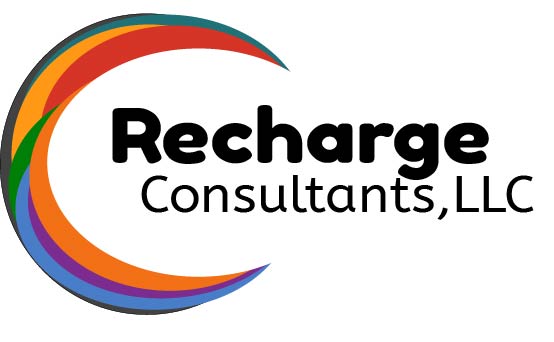Regular security audits and assessments are essential for several reasons:
- Identifying Vulnerabilities: Audits and assessments help to identify weaknesses and vulnerabilities in an organization’s systems, networks, and processes. Then organizations take proactive steps to address these vulnerabilities before malicious actors exploit them.
- Compliance Requirements: Many industries have regulatory requirements mandating regular security audits and assessments. For example, the Payment Card Industry Data Security Standard (PCI DSS) requires organizations that handle credit card data to undergo regular security assessments. Compliance with these standards helps organizations avoid fines and penalties and maintain trust with customers.
- Risk Management: Security audits and assessments play a crucial role in risk management by helping organizations understand their current security posture and the potential impact of security breaches. This information allows organizations to prioritize their security investments and allocate resources effectively to mitigate the most significant risks.
- Continuous Improvement: Security is an ongoing process, and threats are constantly evolving. Regular audits and assessments provide valuable feedback that organizations can use to continuously improve their security measures. By learning from past incidents and staying abreast of emerging threats, organizations can adapt their security strategies to better protect against evolving risks.
- Maintaining Trust: In today’s interconnected world, trust is a critical asset for organizations. Regular security audits and assessments demonstrate a commitment to security and help to reassure customers, partners, and stakeholders that their data is being handled responsibly and securely.
Overall, regular security audits and assessments are essential components of a comprehensive cybersecurity strategy. They help organizations identify vulnerabilities, comply with regulatory requirements, manage risk, drive continuous improvement, and maintain trust with stakeholders.

